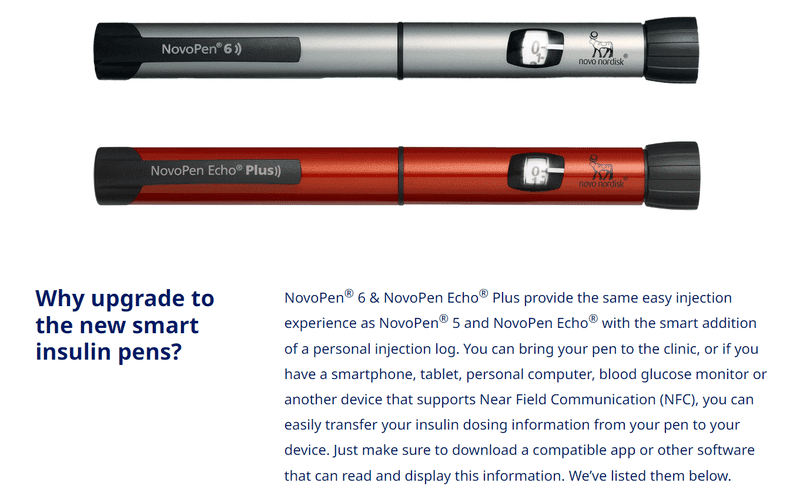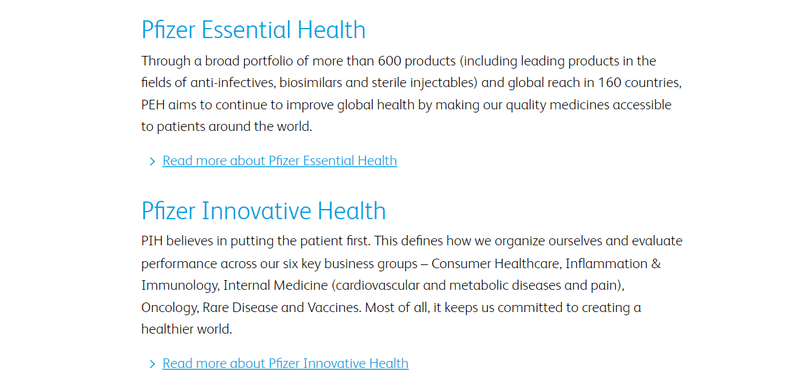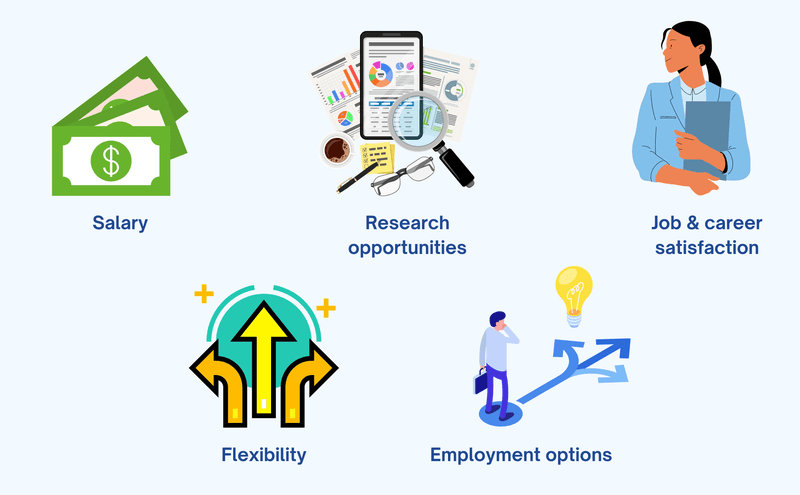Yes, major pharmaceutical is an excellent career path. The pharmaceutical industry is big, it offers many employment opportunities, and it is vital to human life in the modern world. It produces medicines and medical equipment that help sustain the healthcare industry. This keeps the hospitals running smoothly. Now, imagine for a moment that there is no pharma industry. What would happen? It is likely that hospitals would run out of essential medicines and supplies. Hence, we will examine the answer to a very pressing question in this article. Is major pharmaceuticals a good career path? Let’s explain to you in detail right away.
Is Major Pharmaceutical a Good Career Path?
Yes, Major Pharmaceutical is a good career path.
If you’re considering a career in the pharmaceutical industry, you’ll be glad to know that it can be gratifying and lucrative. Major pharmaceuticals offer great opportunities for those looking to make a real difference in the world of healthcare. From discovering new treatments and cures to helping people access quality medicines – there are countless reasons why this could be the perfect job path for you.
At its core, working in major pharmaceuticals means being part of an organization focused on finding innovative solutions to improve patient health outcomes. You can play an essential role in improving standards of care by researching diseases, developing innovative drugs, and collaborating with other professionals. Your work will help individuals from all walks of life access better medications at lower prices, making it even more rewarding.
What Is the Major Pharmaceuticals Sector?

As mentioned, the pharmaceutical industry produces the medicines needed to cure deadly diseases. This makes research and development extremely vital to its progress. The pharma industry is a mix of people in various roles, and the roles include:
- Researchers
- Data Analysts
- Marketing team
- Sales representatives
These people are responsible for the research and development (R&D), testing, and production of drugs. Also, they distribute medical devices, products, and services. Pharmaceutical organizations could be either private or public firms.
Who Are The Major Pharmaceutical Companies in the World?
The pharma sector is booming. Also, it is set for tremendous growth in the near future. So, exploring some of the most well-known companies in this sector makes sense.
Some of the largest pharma companies in the world are Johnson & Johnson, Roche, Novartis, Pfizer, Merck, GlaxoSmithKline, AstraZeneca, and Eli Lilly. Here, we will look at some of these companies ranked in market capitalization.
Johnson and Johnson
Leading the pack of big pharma firms is Johnson and Johnson. Life sciences are the primary focus area for this company. However, it uses subsidiaries to cover other areas as well.
Regarding pharmaceuticals, Johnson and Johnson emphasizes the following areas: cardiovascular disease and metabolism, infectious diseases and vaccines, neuroscience, oncology, immunology, and pulmonary hypertension.
Roche Holding
Roche is one of the largest biotech companies in the world. The main focus of this company is on immunology, oncology, and ophthalmology. Another area of interest for this firm is diseases of the central nervous system.
The pharma division of Roche develops medicines for lesser-known and researched areas such as oncology, immunology, ophthalmology, infectious diseases, and neuroscience.
Novo Nordisk
This is a company based out of Denmark. It started operations in 1923. Novo Nordisk harnessed its efforts toward diabetes, obesity, blood pressure, and other lifestyle diseases. Also, Novo Nordisk has recently launched a couple of smart insulin self-injection pens in the UK.
The NovoPen 6 and the NovoPen Echo Plus give patients a less invasive way to keep track of their dosing information.

Moreover, this aligns with the increasing use of digital technology in healthcare.
Pfizer
This is a firm that works on several healthcare products. It develops medicines and medical devices for various disciplines, such as immunology, oncology, cardiology, endocrinology, and neurology.
Pfizer has two divisions – Pfizer Innovative Health and Pfizer Essential Health. The Innovative Health division produces consumer healthcare products. Also, it makes essential drugs and vaccines.

However, the Essential Health division makes products around areas such as internal medicine, vaccines, oncology, inflammation, and immunology.
Eli Lilly
This company was founded in 1876. It works on developing medicines for humans and also animals. Eli Lilly’s products include treatments for endocrinology, neuroscience, oncology, immunology, and cardiovascular disorders.
Eli Lilly has manufacturing plants in a handful of countries. However, it has performed clinical trials in a large number of nations around the world. It plans to focus on treatments for Alzheimer’s disease in the near future.
How Many Jobs Are Available In Major Pharmaceuticals?
The Pharmaceuticals industry is a big one, and it offers many employment opportunities. According to the Bureau of Labor Statistics, the industry employed about 322,200 professionals. This number is projected to decrease by 2% over the next decade. However, only a tiny percentage of those people work in the research and development (R&D) area. The vast majority of workers are involved in production or management.
Career Path Options in the Pharmaceutical Industry
Job prospects and career growth are important parameters when choosing a profession. So, in this section, we will understand the opportunities in the pharma sector. This will help us to arrive at an answer to the query – Is major pharmaceuticals a good career path?
Pharmaceutical companies provide various job opportunities for students who have studied pharmaceuticals. They can also work as researchers, representatives, consultants, or teachers.
These professionals will be able to serve millions of people with their products that help to improve their health and well-being. They can help to find the cure for many diseases. So, their careers are expected to grow in the coming years.
Pharmacist
A pharmacist is someone that provides prescription and non-prescription medications. He usually works in a retail environment. However, a pharmacist is also commonly found in hospitals and care homes.
He may sometimes advise non-prescription medicines for patients depending on their condition. Most of the time, a pharmacist provides commercial drugs for several health issues. In some cases, a pharmacist prepares specialist medicines for customers. A pharmacist typically earns upwards of $120,000 in a year.
Pharmaceutical Sales Representative
A pharmaceutical sales representative works on conveying the value of medicines and other pharmaceutical products. He generally has to educate doctors, nurses, and pharmacists.
A pharmaceutical sales representative provides product education. Also, he helps patients solve their problems. One of his main tasks is encouraging doctors to prescribe the products they sell.
A successful pharmaceutical sales representative must have extensive knowledge of the medicines he promotes. Furthermore, he must be able to communicate with doctors and patients effectively. A pharmaceutical sales representative makes close to $64,000 a year on average.
Drug Manufacturer
He is responsible for facilitating the production and distribution of drugs. A drug manufacturer produces huge quantities of medicines. Also, he works on transporting them to pharmacies, hospitals, and other medical supply stores.
To progress in his career, a drug manufacturer must know about chemistry, biology, and supply chain management. A drug manufacturer makes above $57,000 a year on average.
Clinical Data Manager
They are the ones who guide data analysts and other researchers. Also, they work on organizing the data from the clinical trials. Then they collaborate with other data professionals to manage the data.
Furthermore, they analyze and evaluate the data collected in the trials. A clinical data manager also explains the data to someone who does not understand the findings of a clinical trial.
A situation where a clinical data manager is needed the most is when a new drug comes out. He is usually the person responsible for explaining if that medicine meets expectations. This is why a clinical data manager needs to be an extrovert and someone who is a natural leader.
Also, he must be actively interested in the intersection of medicine and technology. A clinical data manager makes about $80,000 a year.
Clinical Research Associate
He ensures that the trials for different vaccines and drugs go on as planned. Also, he trains the administrators at the trial sites.
Moreover, he establishes the clinical trial protocols. Finally, a clinical research associate collects and analyzes data from various trials. He earns over $86,000 every year.
Pharmacy Manager
A pharmacy manager, as the name suggests, is responsible for managing the overall functioning of a pharmacy. It is upon him to provide leadership and direction to his team. Also, he works with patients and trains other pharmacists and technicians.
It is his job to schedule medicine deliveries. He may be employed in a hospital, retail store, local pharmacy, or care home. A pharmacy manager should know about different medications and their possible adverse reactions. He earns more than $145,000 a year on average.
Pharmaceutical Engineer
A pharmaceutical engineer will likely be employed by any of the major pharma companies described above. Also, he would most probably work in a manufacturing plant or a lab setting.
Pharmaceutical engineers are involved in many stages of the drug production process. They usually work with the research and development team. Their work could include scaling the production of a drug depending on the disease it is treating. Sometimes, for rare diseases, medicines are required in minimal quantities.
A pharmaceutical engineer is also responsible for the production process. He may fix issues in the production of drugs. Also, he needs to ensure that all the equipment is working correctly. This requires periodic maintenance of the manufacturing equipment.
Additionally, a pharmaceutical engineer has to make the production of drugs a more efficient process.
Lastly, he is also involved with the labeling and packaging of medicines. This is a crucial step, as the packaging and labeling must comply with regulatory standards. A small mistake could prove costly here. The mean salary of a pharmaceutical engineer is $76,000 a year.
Pros of a Career in the Pharmaceutical Industry

Let us get to the other important aspect of answering the question – Is major pharmaceuticals a good career path? Yes, you guessed it—the advantages of working in the pharma industry.
Salary
The money offered in various jobs is a significant motivator when a person starts his career. This is the case in the pharma industry as well. The more knowledge a person has, the more opportunities open. Also, he should be willing to learn and acquire new skills whenever needed.
Moreover, the salaries in this sector are excellent, even for entry-level jobs. One usually gets bonuses with his salary and additional perks like travel if they happen to be a sales representative.
Research Opportunities
There is always research and development going on in this sector. And it is exhilarating to be part of a team that has discovered a cure for a deadly disease.
Jobs in the pharmaceutical industry tend to have a high job satisfaction rate. Pharmaceutical research has a direct effect on patient outcomes. So, many people find this rewarding. People who are open to learning and development will gain the most from careers in the pharmaceutical industry.
Job and Career Satisfaction
The work that people get to perform in this space is highly gratifying. They are actually helping save millions of lives. This is something that provides immense satisfaction. And the fact that they get to do this over the course of their careers is truly unique.
Flexibility
Working in the pharma sector requires a person to adapt to different circumstances. This calls for a high degree of flexibility. However, there is an unfortunate misunderstanding that the work environment in pharmaceuticals is rigid.
There are procedures, processes, and protocols to reduce human error. However, there have been several instances where the pharma sector has risen to the occasion and expedited the production of drugs.
Diverse Employment Options
There are pharmaceutical job opportunities in many varied industries. Some of them are medical technology, manufacturing, cosmetics, and agriculture. This opens up different avenues for people who possess pharmaceutical-related qualifications.
Cons of a Career in the Pharmaceutical Industry

Despite the positives, there are a few downsides to pursuing a career in the pharma sector that will help us get into the nitty-gritty of the question: Is major pharmaceuticals a good career path?
Let us look at some disadvantages of a career in this field.
Rigorous Education Requirements
Pharmacists must complete an extensive educational and training program, which includes earning a doctorate and completing clinical training.
Earning a doctorate and completing your clinical training is a big commitment. However, this profession requires advanced skills that contribute to its high salary.
High responsibilities
Pharmacists help manage their patients’ health. This can be stressful due to the responsibilities involved. Also, there is a lack of control over patients unaware of a medicine’s side effects. This may lead to patients overdosing themselves accidentally.
Additionally, patients may also have a lot of questions about how to ingest their medicine safely. A pharmacist can’t prescribe medication. This limits the control he has over the patient’s health.
In Conclusion: Is Major Pharmaceuticals A Good Career Path?
Major pharmaceutical companies are going to be around for a long time. Also, their influence on the economy is going to keep increasing. The industry has significantly changed over the past few years, especially in research and development (R&D) spending and job creation.
However, there’s still plenty of opportunity for people who want careers in this field or are looking to take charge of their career paths in this industry. So the answer to the question—
Is major pharmaceuticals a good career path?
is YES!
As more industries are published on the website, we will keep updating the list for you. If you want to learn how to choose your career path, check out this article. Also, check out our complete career path set of articles.

Ranu Kumari is a Professional Writer and a Marketing enthusiast who currently runs her own Marketing Consultancy, LatitudeBOX. She has written promotional articles for multiple brands and has published her work in Scopus indexed journals. She is passionate about expressing her thoughts and ideas to connect with her readers in a voice that they understand.
